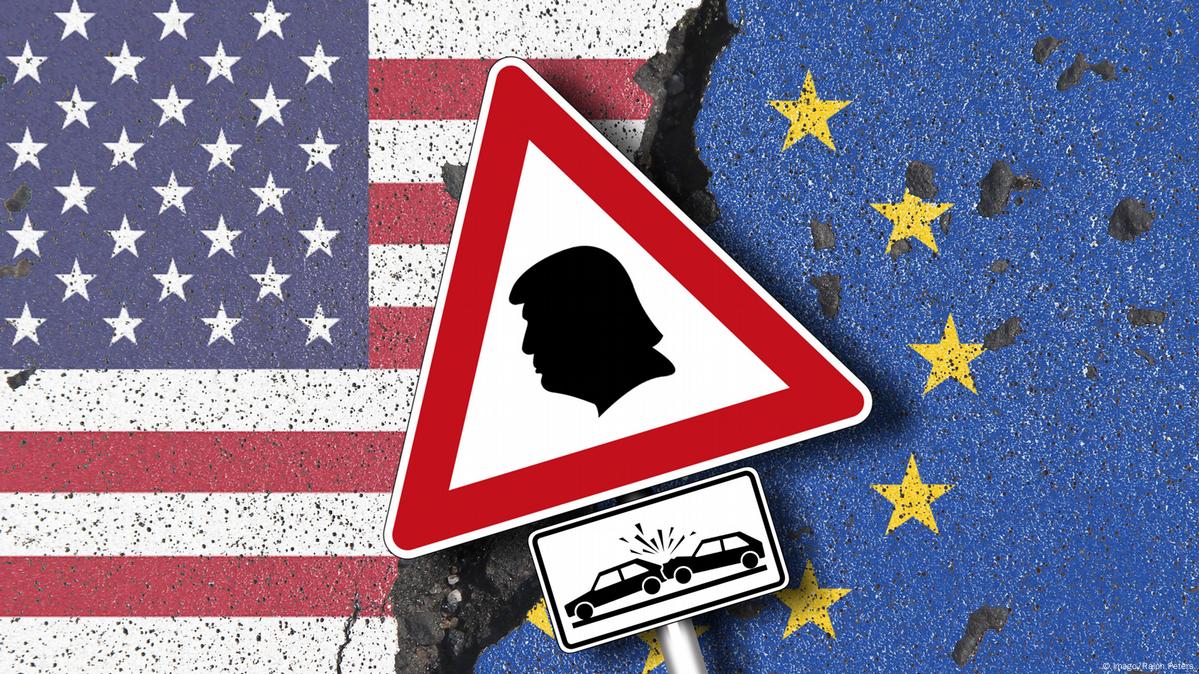The European Union is closely monitoring developments regarding U.S. car tariffs and exemptions. Under a recent agreement with Washington, the EU faces a 15% tariff on most exports. This situation has raised concerns among European officials and industries that rely heavily on trade with the United States.
Impact of Tariffs on EU Exports
The 15% tariff on EU exports could significantly affect various sectors, particularly the automotive industry. Europe is home to several major car manufacturers that export a substantial number of vehicles to the U.S. market. A tariff increase would raise costs for these companies, potentially leading to higher prices for consumers.
European officials have expressed their apprehensions about the potential economic fallout. They argue that such tariffs could disrupt trade relationships and harm both economies. The EU aims to maintain a strong partnership with the U.S., but tariffs pose a considerable challenge to this goal.
Additionally, the automotive sector is a vital component of the EU economy. It supports millions of jobs and is crucial for economic growth. The imposition of tariffs could lead to job losses and reduced investments in the sector. This has prompted EU leaders to seek exemptions or alternative arrangements.
Recent discussions between EU representatives and U.S. officials have focused on finding a solution. The EU has proposed various measures to mitigate the impact of tariffs. These discussions aim to address concerns on both sides while maintaining a fair trade environment.
Future Negotiations and Challenges
As the EU awaits Trump’s actions, the outcome of these negotiations remains uncertain. The bloc hopes to secure exemptions for certain products, particularly in the automotive sector. However, the U.S. administration has been firm in its stance on tariffs, complicating the situation.
The EU is prepared to respond if the tariffs are imposed. European officials have indicated that they may seek countermeasures to protect their interests. This could lead to a tit-for-tat situation, further straining transatlantic relations.
Moreover, the EU must navigate internal dynamics as it approaches these negotiations. Different member states have varying interests concerning trade with the U.S. This diversity can complicate the EU’s unified response to U.S. trade policies.
In conclusion, the European Union is in a precarious position as it awaits Trump’s decisions on car tariffs. The looming 15% tariff poses significant risks to EU exports, particularly in the automotive sector. As negotiations continue, the EU must balance its desire for strong trade relations with the need to protect its economic interests. The coming weeks will be crucial in determining the future of EU-U.S. trade relations.

